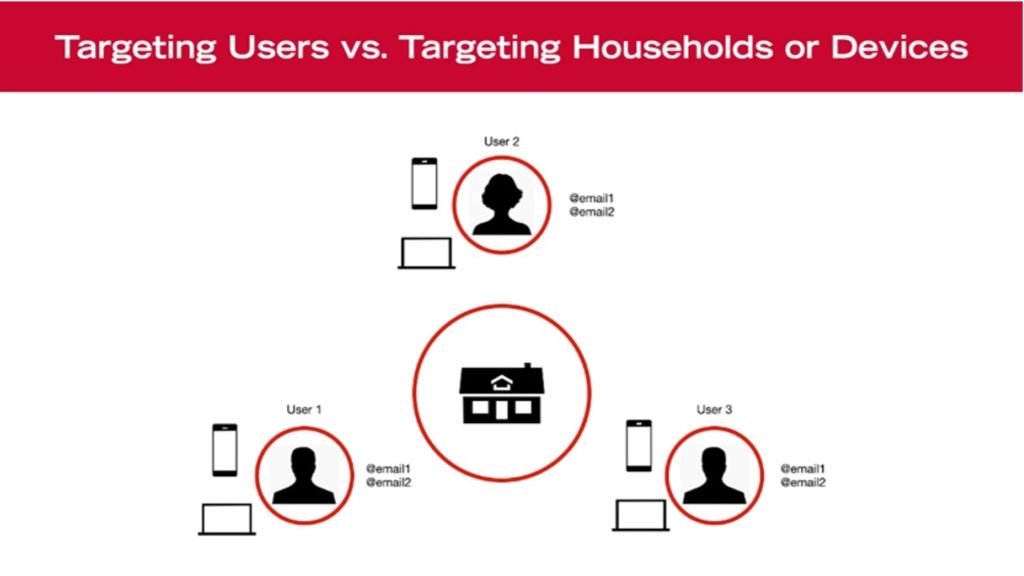Sponsored Content By Catalyst
Did you know that new privacy laws will force advertisers to change how they target their audiences by the end of 2023? What are your plans for when this takes effect?
If you don’t know yet, then you’re not alone. Only 24 percent of marketers have found a solution for when we can’t use “cookies” to track online behavior and personal information of users. Advancements in digital advertising tactics in recent years have made digital marketing a key component of most advertising plans. It has become such an effective tool that it has probably become a larger part of your overall budget. With many of those tactics deployed based on the use of cookies, we are about to see a dramatic shift in how we reach our customers digitally.
The Basics on Cookies
Let’s start with the basics on cookies. They are either first- or third-party tracking tools placed on a person’s device in order to track the behavior of the person using that device. First-party cookies are generated from the site someone is visiting, whereas third-party cookies are generated by a source other than the one they are visiting. First-party cookies are geared towards user experience when visiting the site, whereas third-party cookies are used for analytical and marketing purposes. It is the third-party cookies that have made marketers very successful in targeting users, and their loss will force us to evolve our practices in the digital space.
Getting in Front of a Cookie-Less World
Some platforms, like Google, are looking at methods to track user behavior without infringing on user privacy. This leaves part of the solution to the platforms, BUT advertisers can also turn to their own first-party data to target their customers. Physical address, email address, and other information voluntarily provided by your customer will become more important than ever.

While physical addresses have long been the lifeblood of a casino’s database marketing program, email addresses are also becoming equally important. Not just for the reason you might think of sending that weekly or monthly email newsletter or last-minute offer/special. Email is also an identifier that can be used to target users in the digital space. While cookies look to identify and target based on a user’s device, email can target the user regardless of the device. Since people tend to update their devices every two years while keeping email addresses for over ten years, targeting by email also makes it the most consistent identifier available to marketers today.
Large advertisers like Google and Facebook have been utilizing this technology, such as email hashing, for years. That is where they use a string of numbers and letters to identify a user online and target them without depending on their personal information. It provides valuable insights into their behaviors without infringing on identity protection issues. In the casino space, using hashed emails can increase your efficiency by truly seeing a user’s online universe, as opposed to the behavior of users on one device, like with cookies.
Preparing for the Change
We already know that the data we have on our guests is valuable. It will be important to take a hard look at your database to ensure that you have all the data needed to continue to reach your guests in the future.
- Email appends are a cost-effective way to build up your database and keep updated on user email addresses.
- Email validation is important to ensure the addresses in your database are correct.
- An email campaign to update your guests’ interests will help you segment your digital marketing efforts to target users even more effectively.
- Begin discussions with your team or agency as to how you will reach your guests once third-party cookies are gone.
It will be important to create an action plan to ensure that your future digital advertising is as effective as it can be. Since its inception, digital marketing has always been about refining online strategies, such as technological and environmental changes. The shift away from reliance on third-party cookies will cause marketers to re-evaluate their efforts. Don’t get caught holding the crumbs when cookies are gone. Get in front of the issue and start planning for it now.




